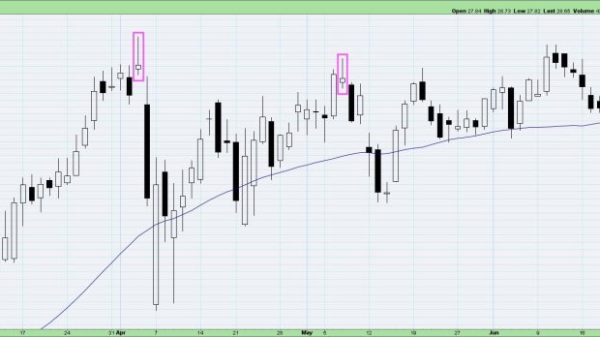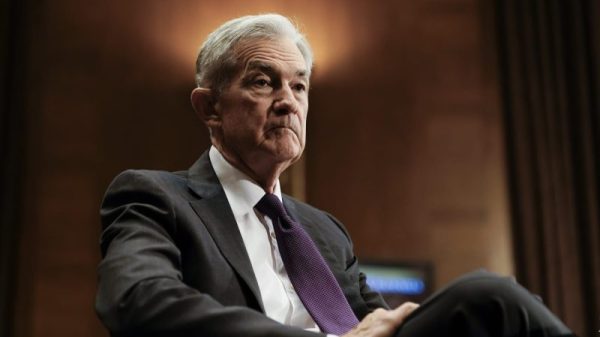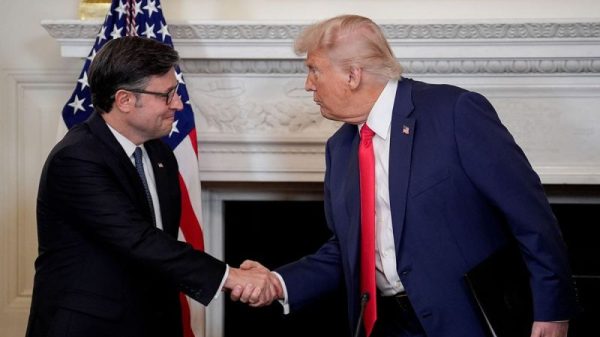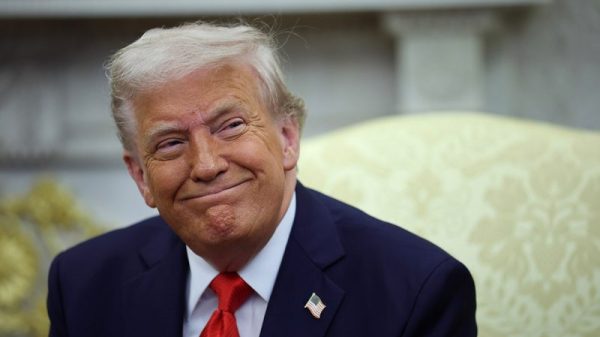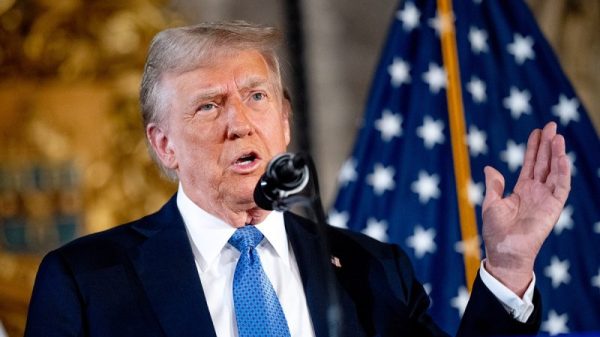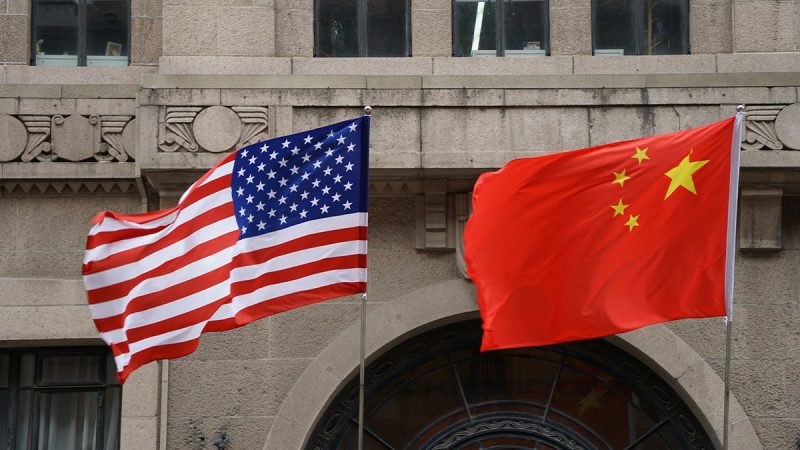In a recent development, Republicans in the United States have stepped towards revoking China’s favored trade status in what could potentially have significant economic and geopolitical implications. This move comes amidst growing bipartisan concerns over China’s human rights abuses, trade practices, and strategic influence around the world.
The former President Donald Trump had already initiated a trade war with China during his tenure, imposing tariffs and sanctions in an effort to address America’s trade imbalance with China and protect American jobs. However, the debate over China’s trade status goes beyond mere economic considerations, touching upon national security and human rights issues.
One of the key arguments advanced by those in favor of revoking China’s favored trade status is the need to address China’s unfair trade practices, such as intellectual property theft, forced technology transfer, and state subsidies to domestic industries. By granting China special trade benefits under the Generalized System of Preferences (GSP), critics argue that the US is effectively rewarding China for engaging in such practices, which are detrimental to American businesses and workers.
Moreover, the issue of human rights abuses in China, particularly in the Xinjiang region where the Uighur minority faces systematic repression including forced labor camps, has also drawn significant attention. Critics of China’s favored trade status argue that by providing economic benefits to China, the US is inadvertently supporting a regime that violates human rights and suppresses dissent.
Another aspect of the debate revolves around the strategic implications of China’s ascendance as a global economic power. China’s Belt and Road Initiative, its military expansion in the South China Sea, and its growing influence in international organizations have raised concerns about Beijing’s long-term intentions and the need to counter China’s rise as a challenger to US hegemony.
While the move to revoke China’s favored trade status enjoys bipartisan support, there are also voices cautioning against taking such a drastic step. Critics argue that disrupting trade relations with China could have adverse consequences for American consumers and businesses, leading to higher prices, supply chain disruptions, and economic instability.
In conclusion, the debate over revoking China’s favored trade status represents a crucial moment in US-China relations, reflecting broader concerns over economic fairness, human rights, and global power dynamics. As the push to end China’s special trade privileges gains momentum, it remains to be seen how this decision will impact the intricate web of economic ties between the two superpowers and shape the future of the international trading system.


